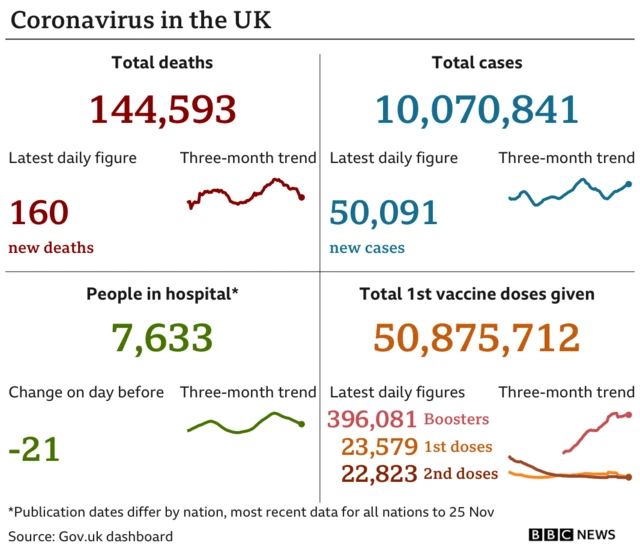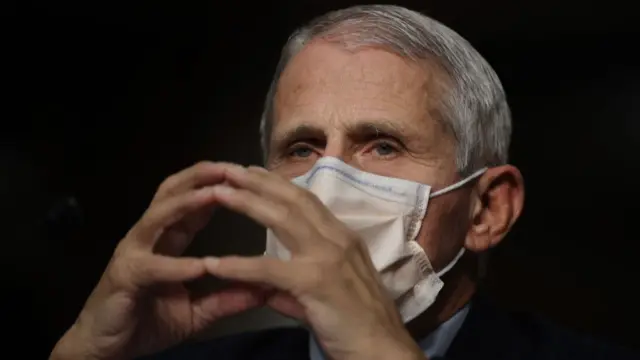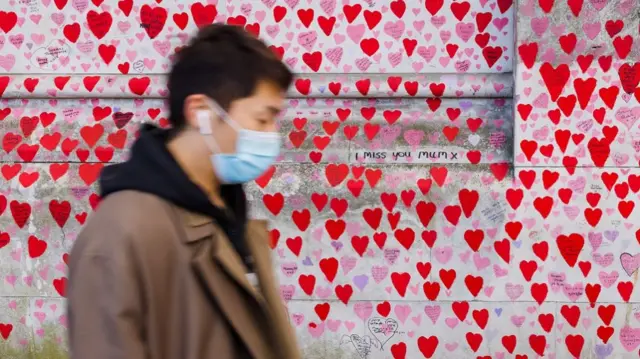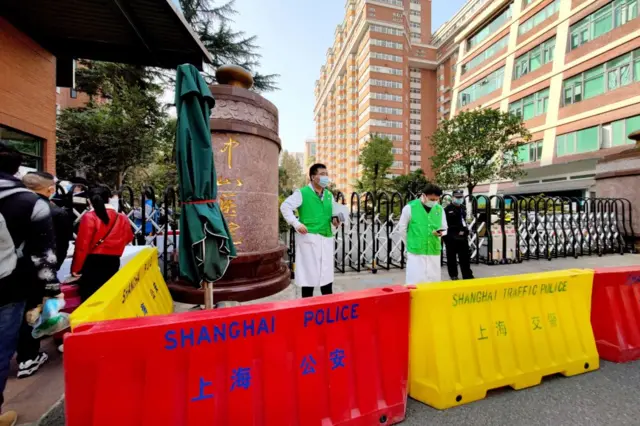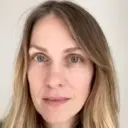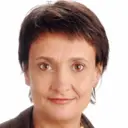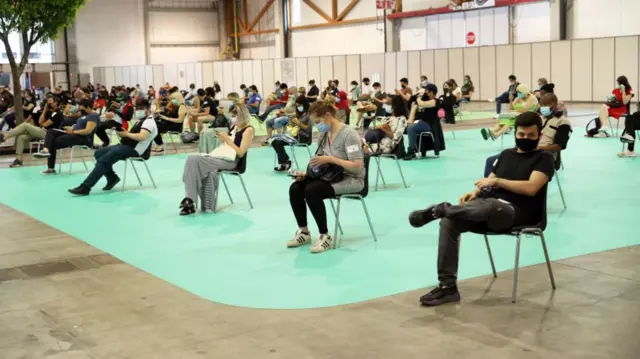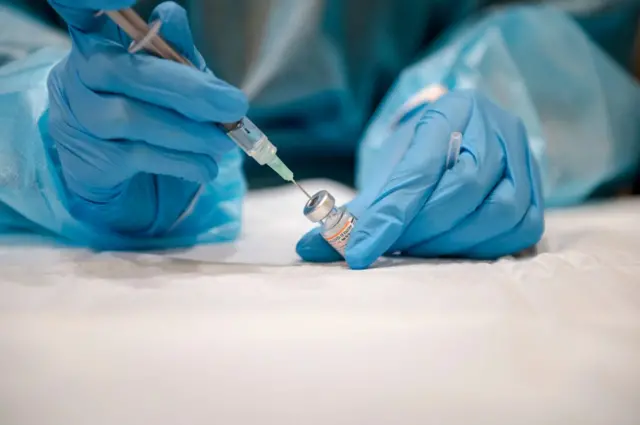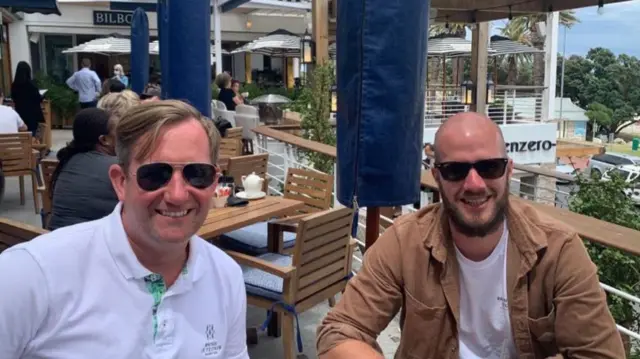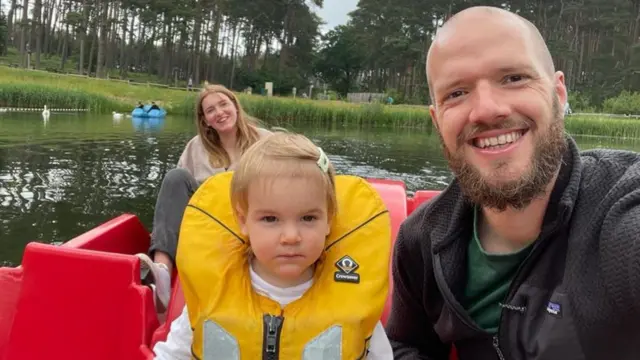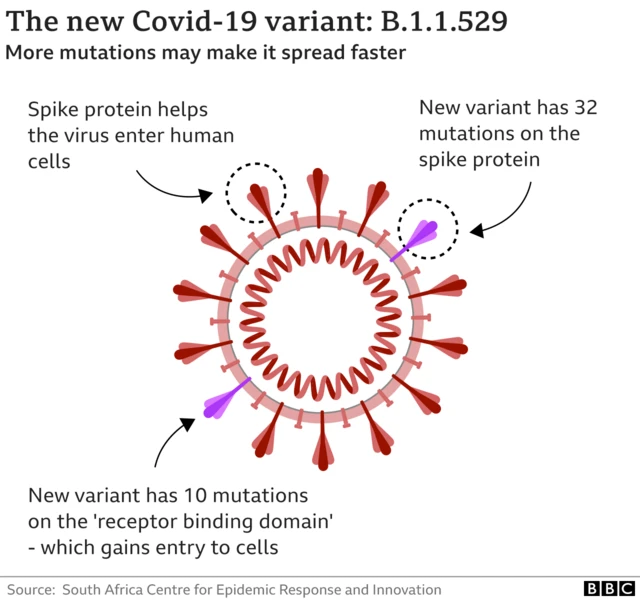
Won't viruses always mutate?published at 16:22 GMT 26 November 2021
Joseph asks...
James points out that what's important to note is not only that viruses do mutate, but what they are mutating into and how they are changing.
He says we see viruses mutating in pretty much everything - giving the example of a new flu vaccine being developed each year because influenza mutates.
It is the changes to this new Covid variant that are causing particular concern among scientists, he adds, because it could change the behaviour of the virus.
